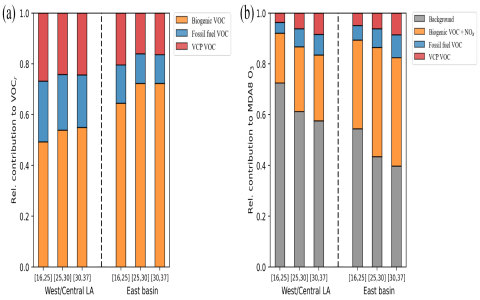Okay, so yesterday was a bit of a head-scratcher, messing around with time conversions for a meeting. The title is kinda self-explanatory: “bash in berlin start time central time”. Basically, I needed to figure out what time a meeting in Berlin (which is Central European Time, or CET) was going to be in Central Time (CT), where I’m located.

First thing’s first: I hopped online to double-check the current time zones. You know, just to make sure my brain wasn’t totally fried. CET is usually UTC+1 during standard time and UTC+2 during daylight saving time. CT is usually UTC-6 during standard time and UTC-5 during daylight saving time. Big difference!
The setup: I had a meeting time, let’s say it was scheduled for 3:00 PM in Berlin. Okay, easy enough, right? Nope. Gotta account for the time difference. So, out came the trusty bash terminal. I know there are probably fancier tools, but I like getting my hands dirty with the command line.
The approach: My first thought was to use the date command. Figured I could somehow convert the time using its formatting options. It wasn’t pretty, but it worked… eventually.
Here’s what I actually did:
- Started by setting the timezone to Berlin. I used:

TZ='Europe/Berlin' dateThis showed me the current time in Berlin.
- Then, I tried to set a specific time. I wanted to see if I could input 3:00 PM CET and get the equivalent in UTC. It took some digging, but I found out that
datecan handle date strings with some persuasion. - I messed around with different formats. Eventually, I used something like:
TZ='Europe/Berlin' date -d '2024-10-27 15:00:00' '+%s'The
2024-10-27part is just a placeholder date. The important thing is the15:00:00(3:00 PM). The+%sconverts the time into seconds since the epoch (a Unix timestamp).
- Now, the tricky part: converting that timestamp to Central Time. I did this with another
datecommand, but this time setting the timezone to a Central Time zone (I usedAmerica/Chicago):
TZ='America/Chicago' date -d @Where
is the number I got from the Berlin time conversion.
The result: After all that finagling, I finally got the equivalent time in Central Time. Turns out 3:00 PM in Berlin is 8:00 AM in Chicago (assuming we're not in daylight savings time for both places... otherwise it's 7:00 AM). It felt like a lot of work for something so simple.
Lessons learned:
- Time zones are a pain. Always double-check the daylight saving situation.
- The
datecommand is powerful, but not always the easiest to use. - There are probably better tools for this. Maybe a Python script or a dedicated time zone converter. But hey, I like doing it the hard way sometimes.
Final thoughts: It was a fun little exercise. I got to flex my bash muscles and learn a few new tricks with the date command. Plus, I didn't miss the meeting, so that's a win!













